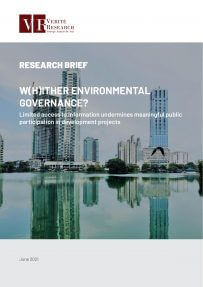
W(h)ither Environmental Governance: Limited Access to Information Undermines Meaningful Participation in Development Projects
There is a surge in public agitation against environmental destruction caused by ongoing development projects in Sri Lanka. The surfacing of environmental issues after construction has commenced is highly problematic for two reasons. First, the construction may have already caused damage to the environment, which may be irreversible in certain cases. Second, the revising of original project plans to mitigate environmental damages can result in delays and increased costs.
A mechanism used globally to protect the environment and avoid such costly readjustments and delays is to conduct an Environmental Impact Assessment (EIA) prior to commencing a project. An EIA is a consultative scientific process, which aims to “avoid, reduce or mitigate potential adverse impacts through the consideration of alternative options, sites or processes. This research brief finds that the ability of Sri Lanka’s public to meaningfully participate in the EIA process is severely hampered by limited access to vital information and identifies a number of gaps that exist in Sri Lanka’s EIA framework with respect to the disclosure of information and documents. These are: 1) the gaps in information disclosure in Sri Lanka’s EIA laws and regulations; and 2) the gaps in Sri Lanka’s EIA practice with respect to information disclosure.
- Research Briefs

